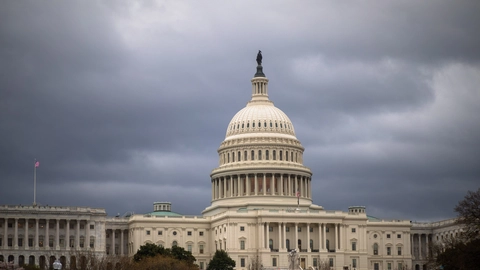Ukrainian forces are implementing a new line of defense using AI-equipped drones capable of automatically targeting and intercepting Russian Shahed drones, which can reach speeds of up to 200 km/h.
Lock Onto Enemy
According to military expert Ivan Stupak, these advanced drones are essentially “AI helicopters” that lock onto and chase enemy UAVs with precision.
Dmitro Vovciuk, head of operations at Ukrainian drone software company NORDA Dynamics, shared that the technology uses computer vision to autonomously guide drones to their targets, a critical advantage as Ukraine faces intensified drone warfare, according to Ziare.
NORDA Dynamics’ software enables a pilot to identify a target via the drone’s camera, after which the AI takes over, autonomously guiding the UAV to the enemy.
This technology proves effective in areas heavily fortified with electronic warfare systems, where manual piloting becomes less feasible.
Although visual confirmation of strikes is sometimes hindered by interference, Vovciuk confirmed that NORDA’s systems have successfully destroyed at least three Russian tanks and multiple logistical targets, including command centers.
Target Autonomously
The war has sparked rapid advancements in drone technology, especially in Ukraine’s race to counter Russia’s Shahed drones.
Russia’s Shahed-136 drones, supplied by Iran, have become notorious for their low cost and effectiveness, capable of carrying payloads up to 40 kg and traveling hundreds of miles.
In response, Ukraine is now producing dozens of AI-powered drone systems capable of targeting Russian assets autonomously, even within electronic warfare zones.
AI integration marks a major shift on the battlefield.
Unlike traditional drones, these systems require minimal human input, with Michael Clarke, a military expert at King’s College London, noting that AI could soon allow a single operator to control thousands of drones.
Clarke points out that this technology, paired with affordable first-person view (FPV) drones costing $300-$500, has already saturated the battlefield, with both Russian and Ukrainian forces deploying around 10,000 UAVs daily.



















